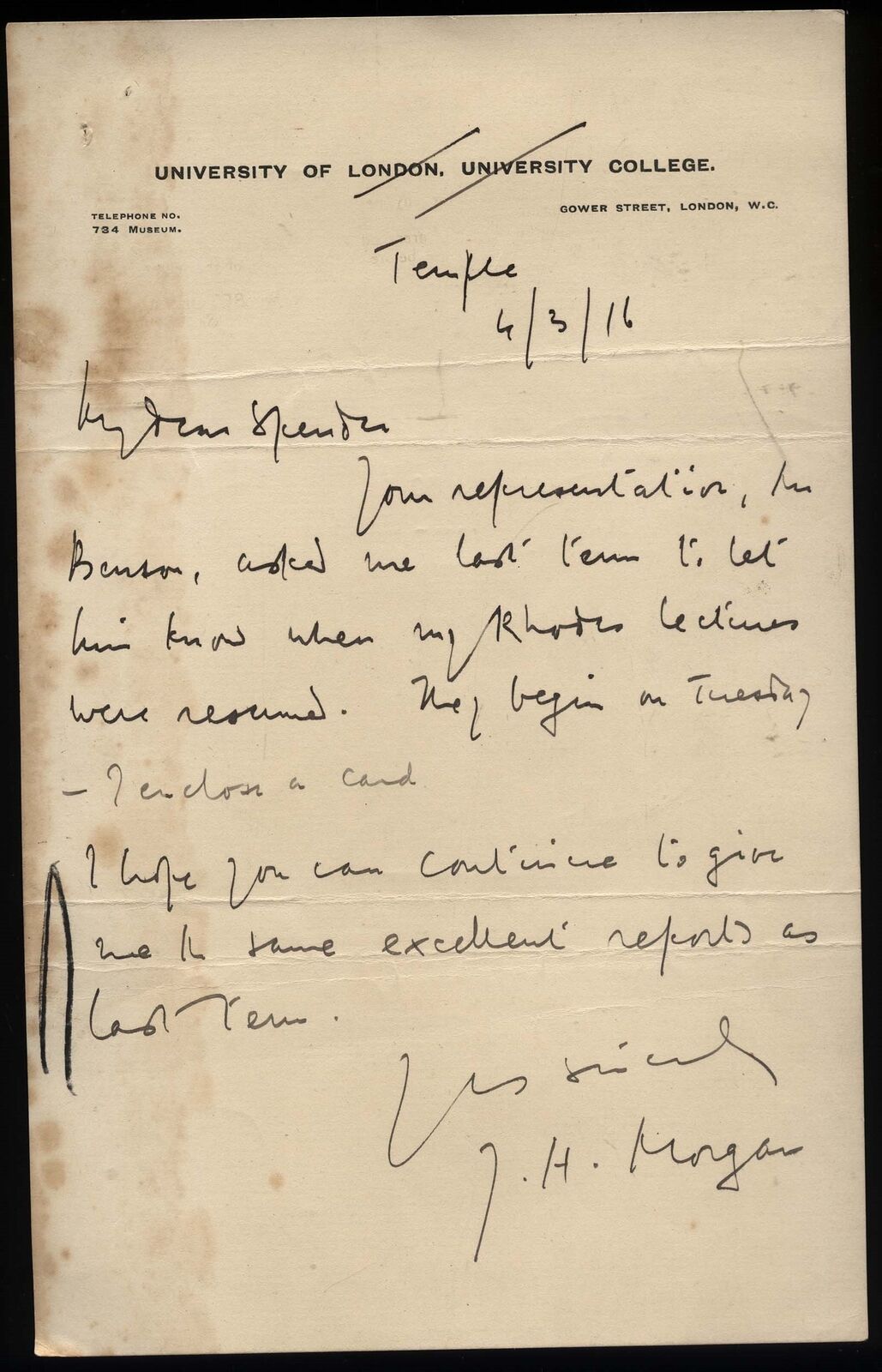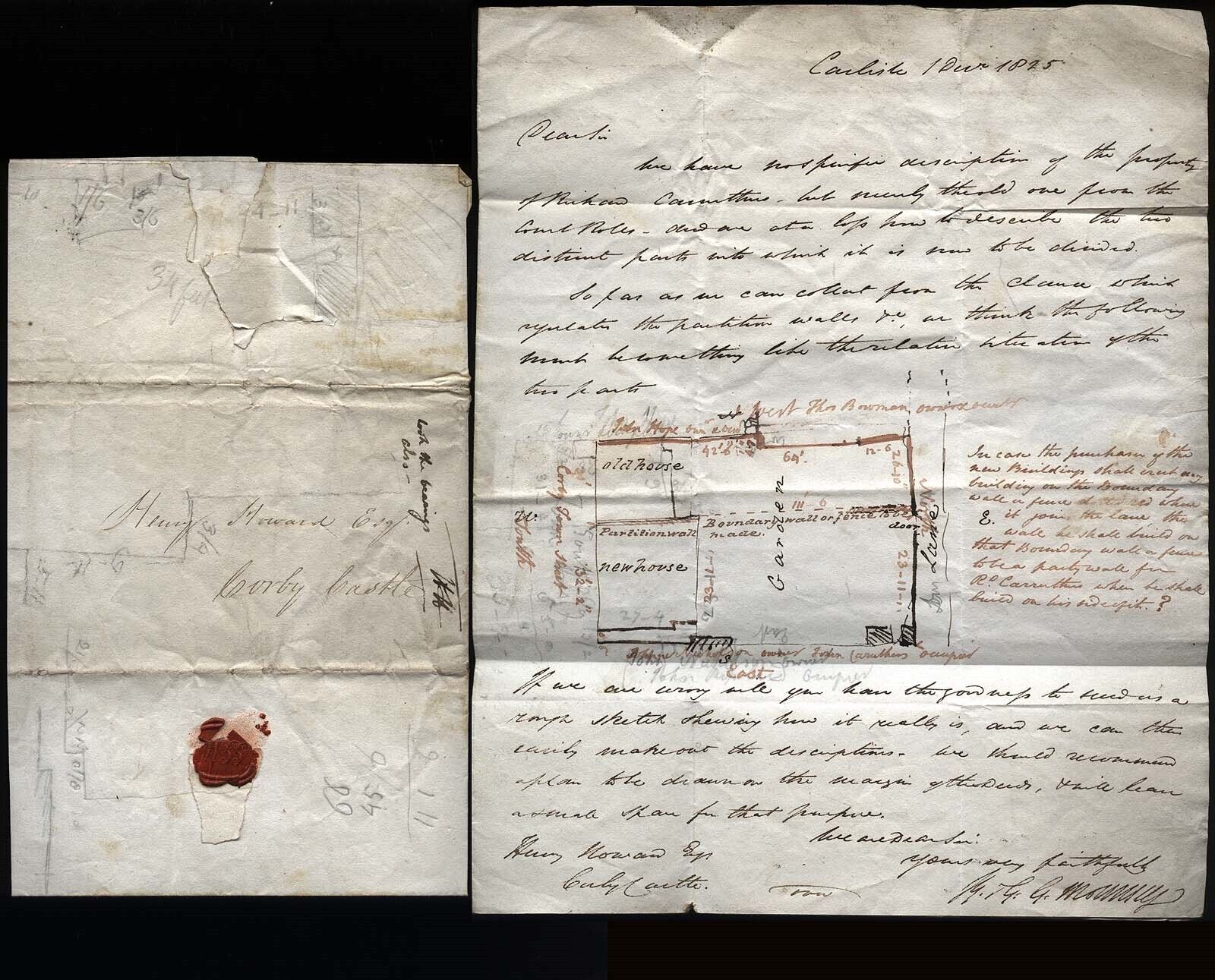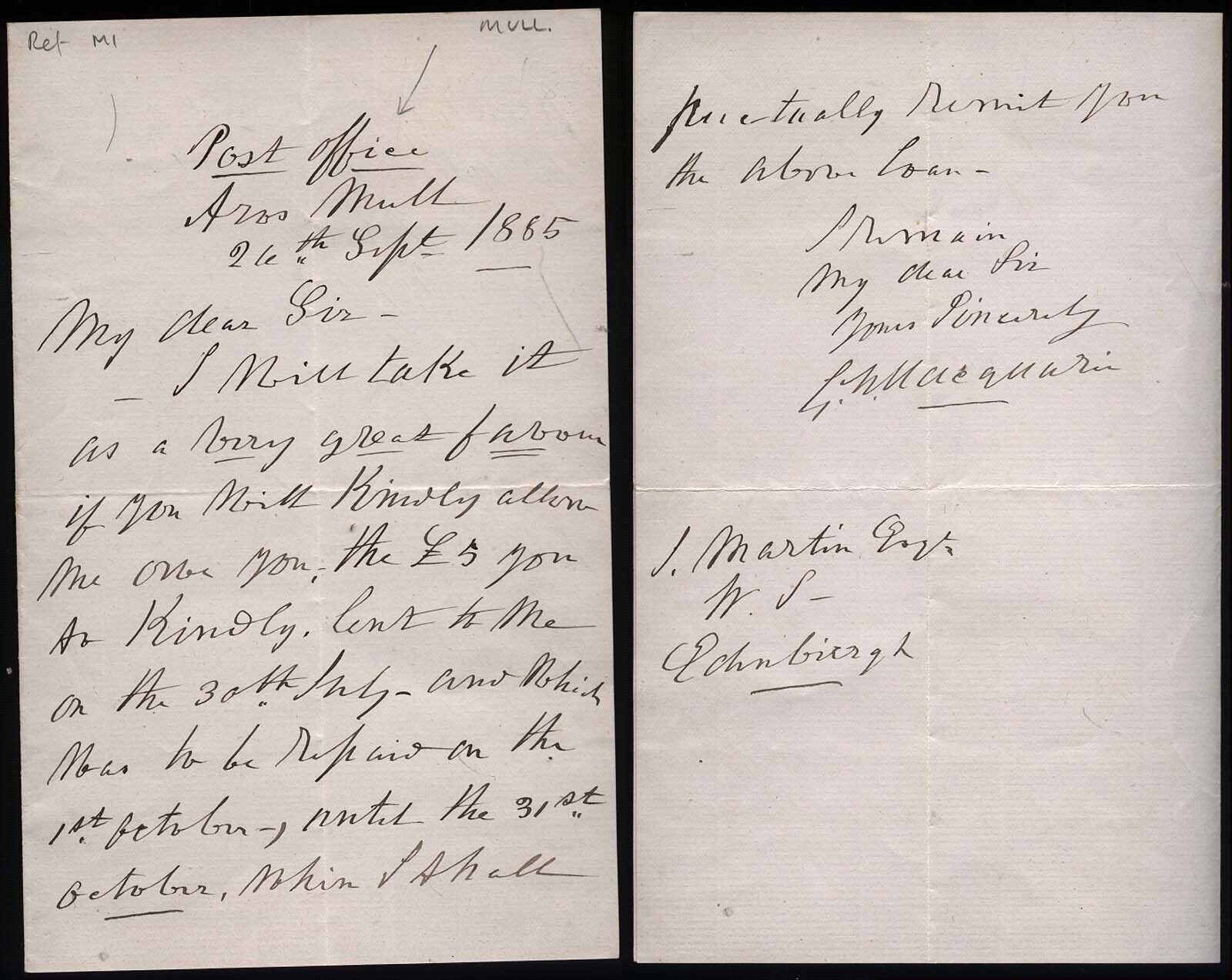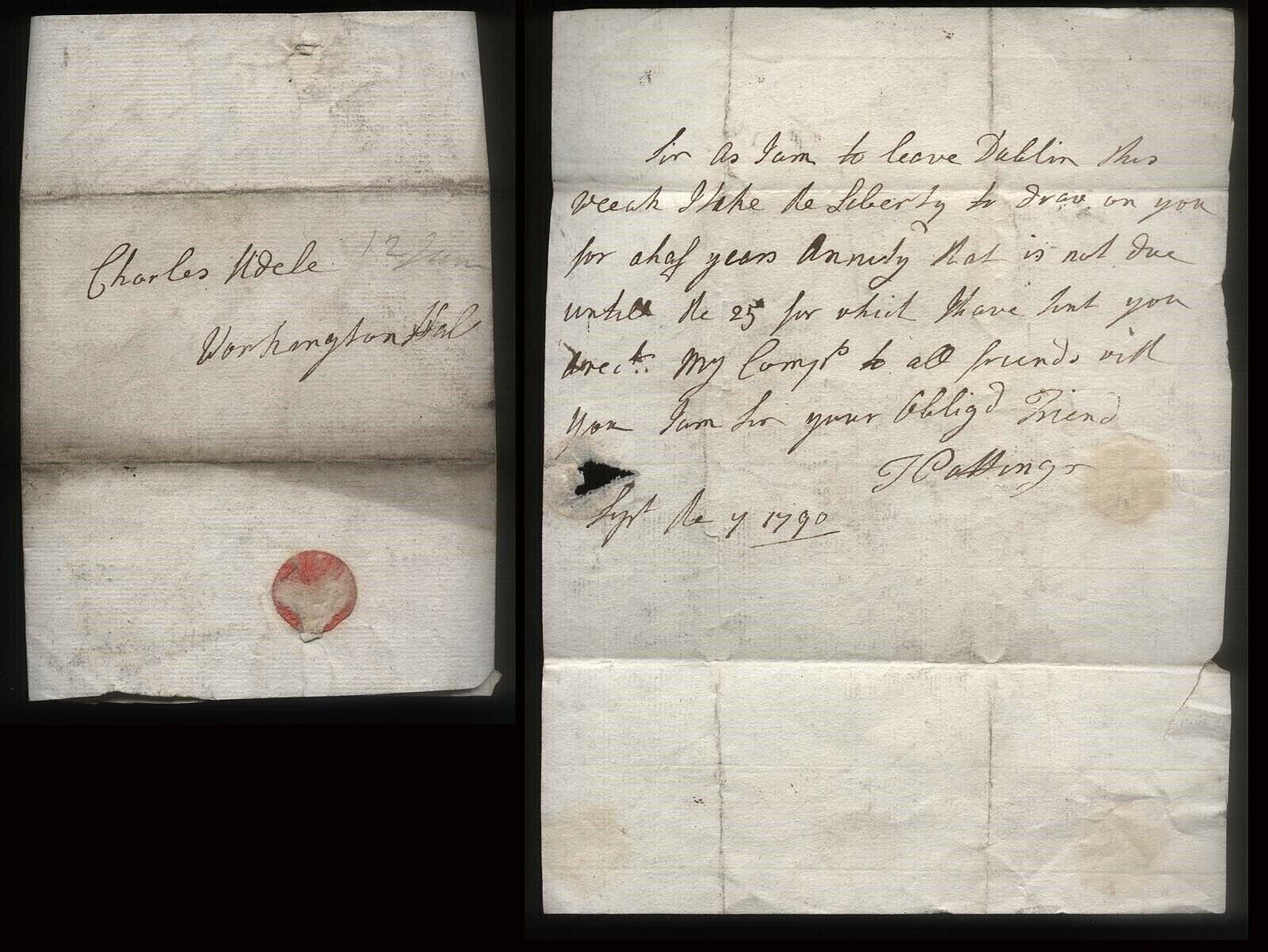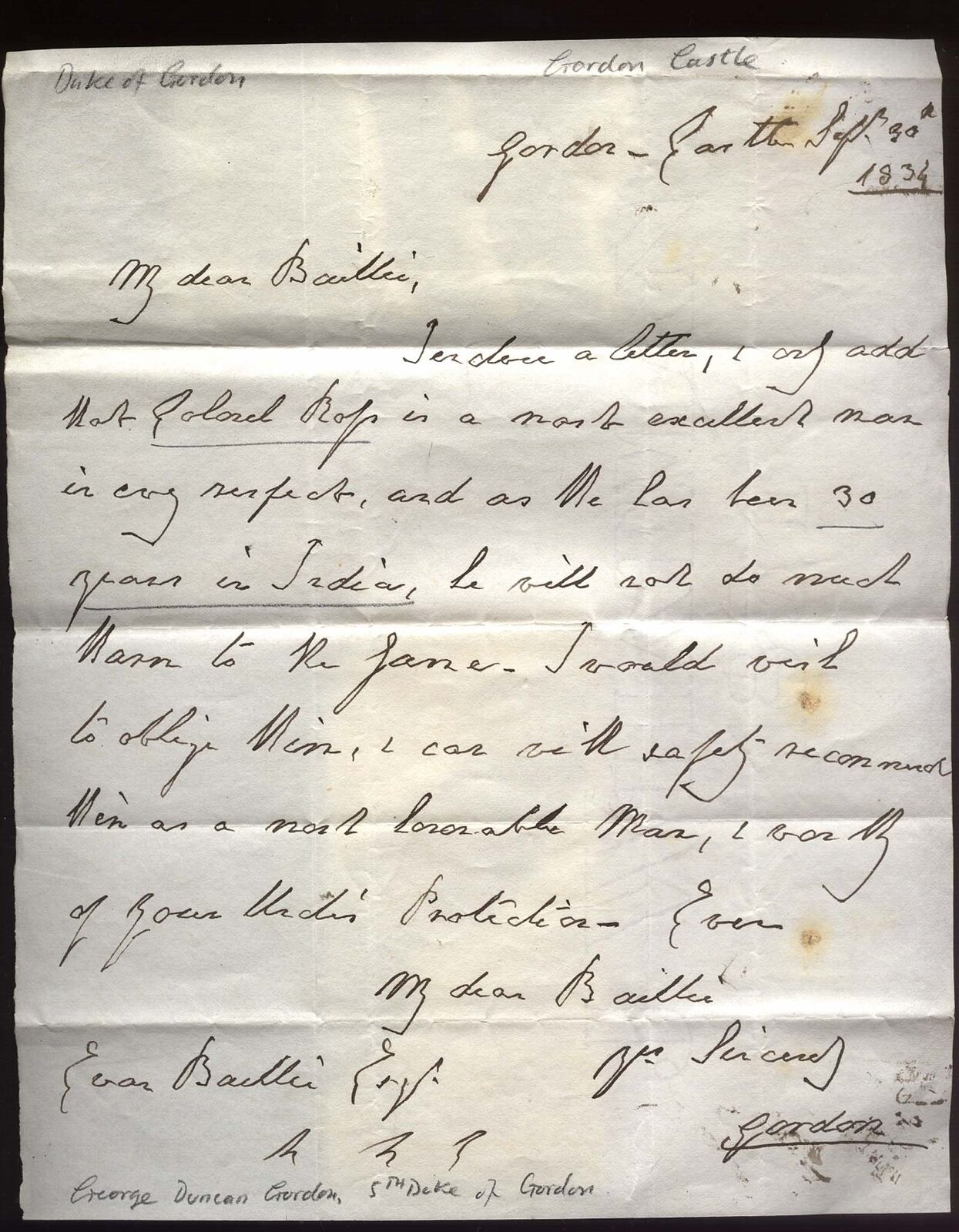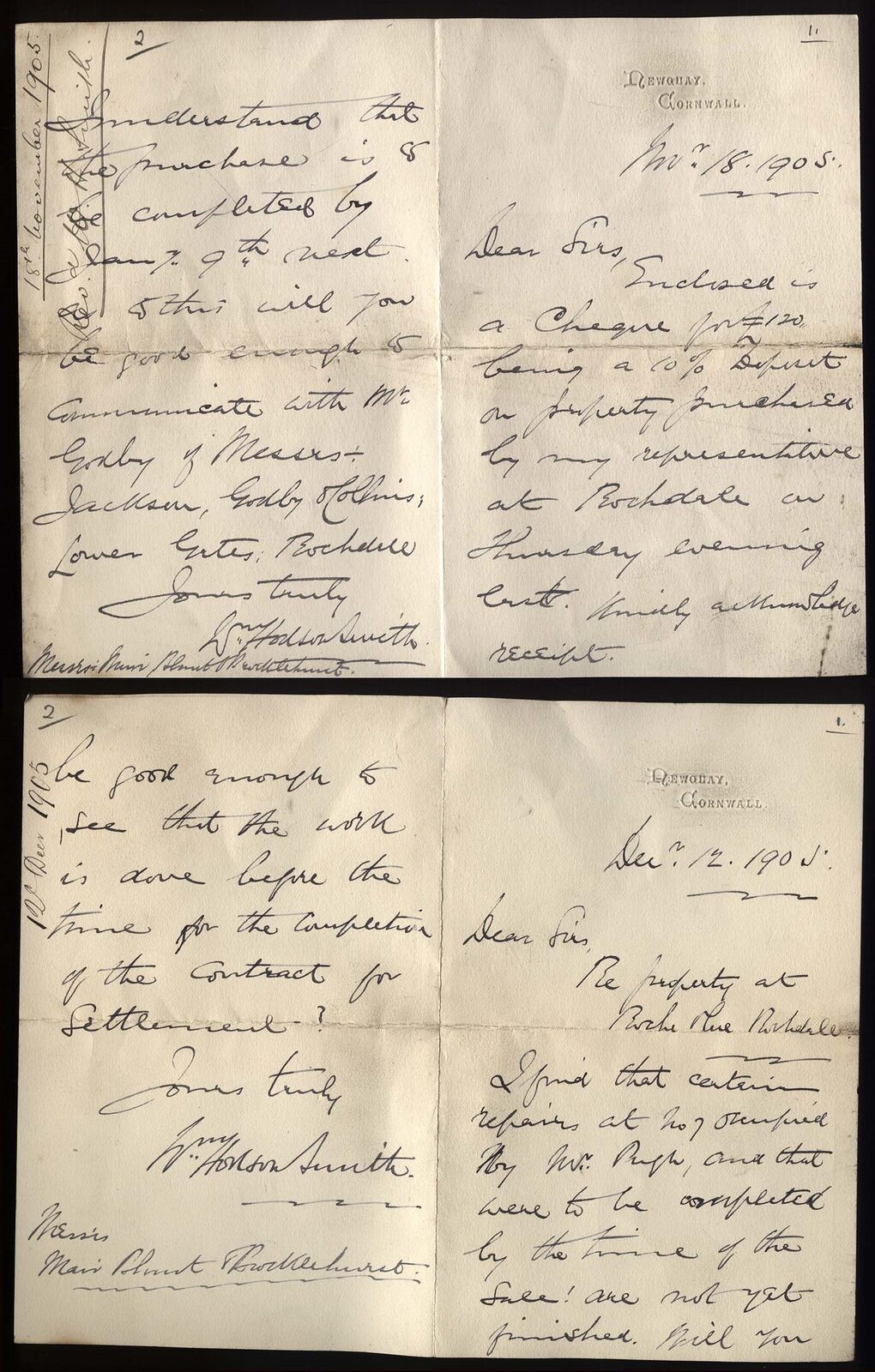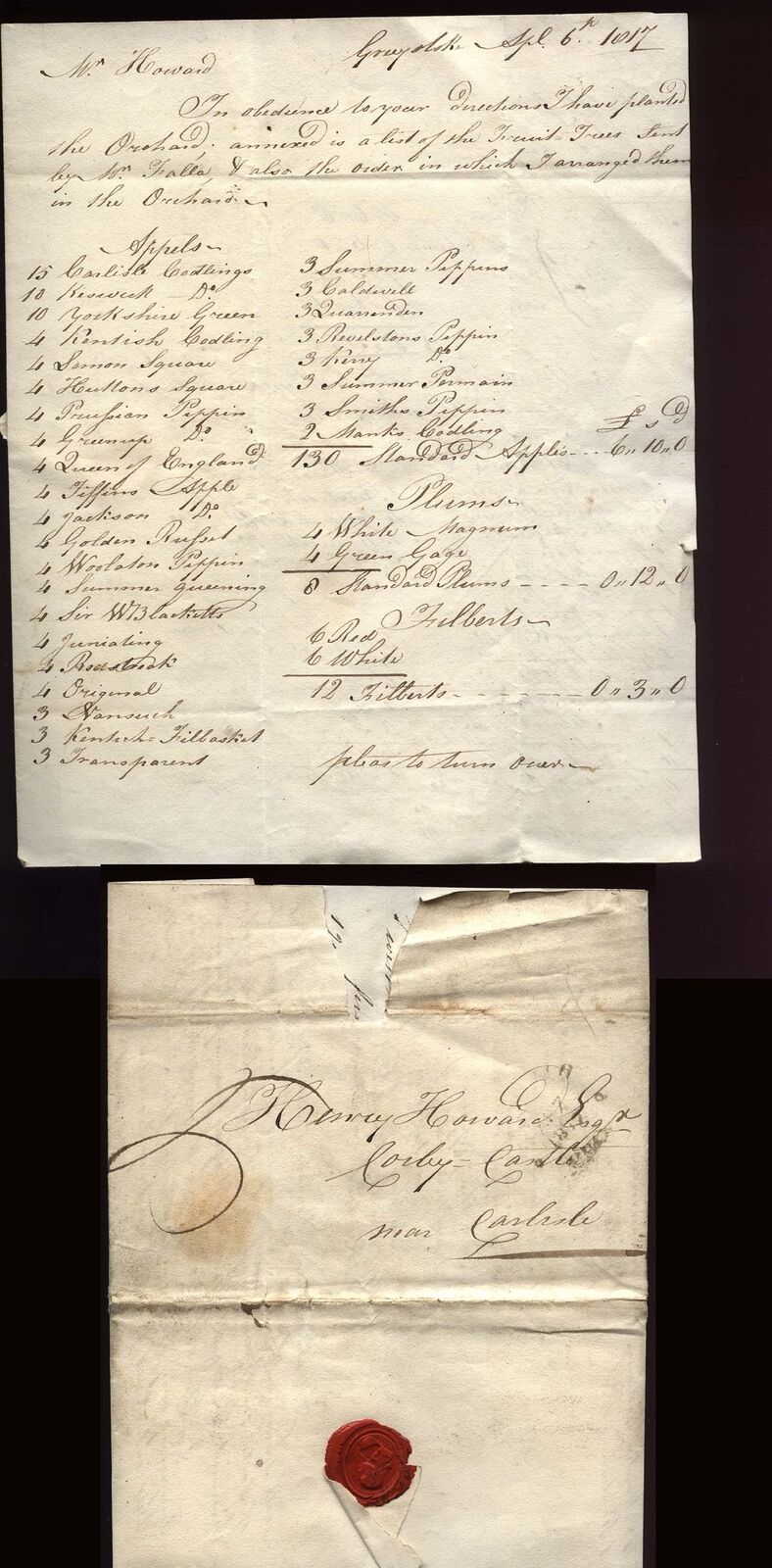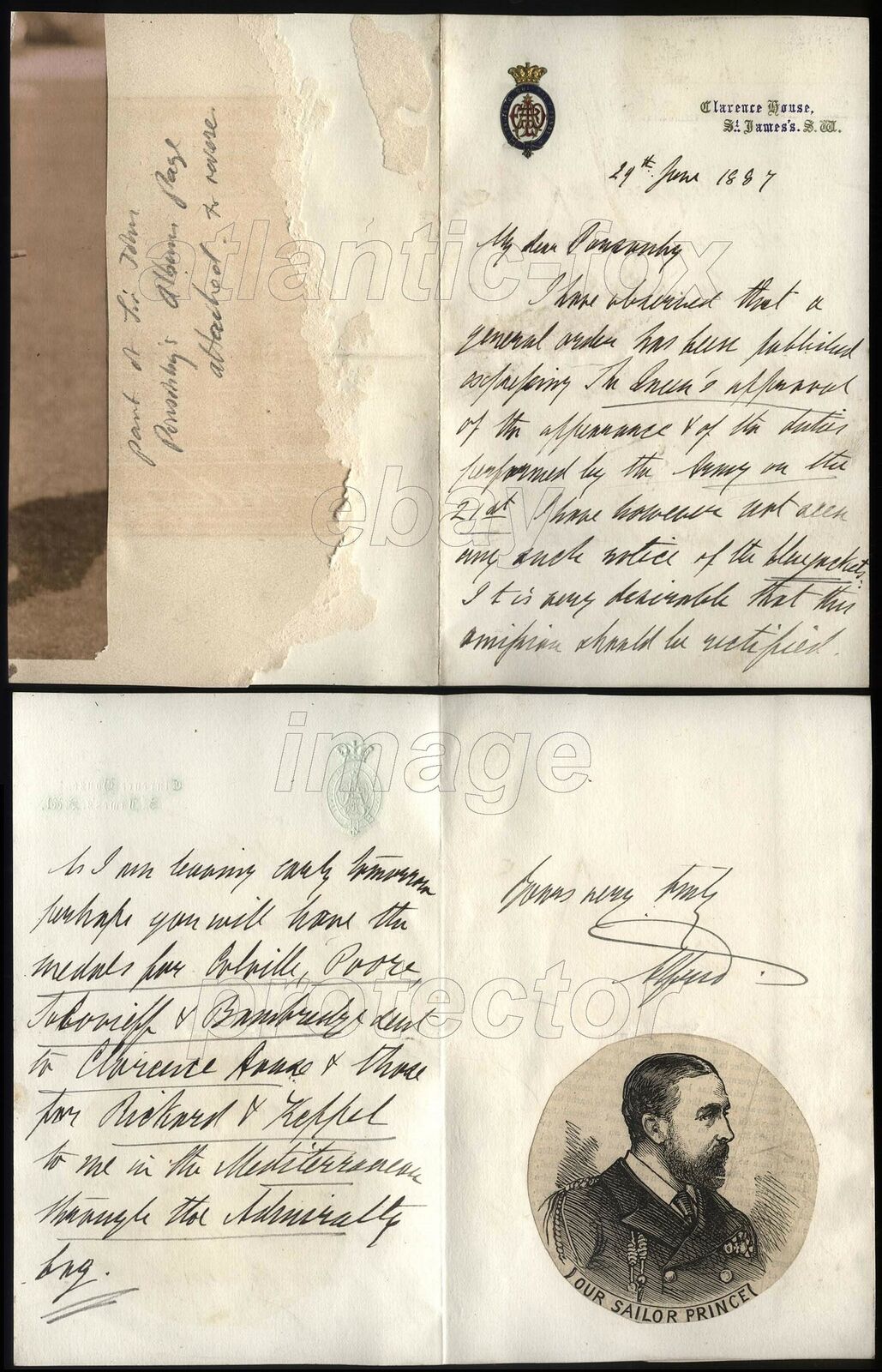-40%
1916 LONDON-Temple, Brigadier-General John Hartman Morgan, QC and Lawyer
$ 17.87
- Description
- Size Guide
Description
1916 LONDON-Temple, Brigadier-General John Hartman Morgan, QC and LawyerThis product data sheet is originally written in English.
1916 Autograph Letter from Brigadier General John Hartman Morgan from Temple, London.
Brigadier-General John Hartman Morgan, QC (20 March 1876 – 8 April 1955) was a British lawyer with expertise in constitutional law. He lectured and wrote on the topic, and he also saw military service during World War I
.
Morgan, born on 20 March 1876 to Reverend David Morgan and his wife Julia Wethli, was educated at Caterham School, the University College of South Wales and Balliol College, Oxford, where he studied modern history. He joined the Inner Temple before becoming part of the literary staff at the Daily Chronicle between 1901 and 1903. After spending time on a research scholarship at the University of Berlin, he became a leader-writer at the Manchester Guardian between 1904 and 1905.
During 1910, Morgan contested the parliamentary seats for Birmingham Edgbaston during the January general election and West Edinburgh during the December general election, both for the Liberal Party.
Morgan volunteered for military service in following the outbreak of war 1914 and he was appointed to the adjutant-general's staff. He was an assistant adjutant general with the military section of the British delegation to the Paris Peace Conference of 1919 and the British member on the Prisoners of War Commission in 1919.
Morgan was also at the Inter-Allied Military Commission of Control as Deputy Adjutant-General in Berlin from 1919 to 1923.[2] Here he witnessed German attempts to build up their army contrary to the terms of the Treaty of Versailles and he published his findings in October 1924 in the Quarterly Review, titled "The Disarmament of Germany and After". After World War II he elaborated on this theme in his books Assize of Arms, originally intended to be volume one of two but Morgan only got round to publishing one volume.
He retired from the army in 1923 with the honorary rank of Brigadier-General
Whilst serving in the military, Morgan was appointed Professor of Constitutional Law at University College London in 1915; Thomas Baty deputised for him until he retired from the army in 1923 and he taught until 1941.[1] In 1916 Morgan was counsel for the defence and appeared as an amicus curiae in the trial for treason of Sir Roger Casement.
Appointed King's Counsel in 1926,[5] Morgan was a legal editor of the Encyclopædia Britannica (14th edition) and a contributor to The Times. Then a reader in constitutional law to the Inns of Court (1926–1936), Rhodes Lecturer at London (1927–1932), counsel to the India Defence League (1933–1934), counsel to the Indian Chamber of Princes (1934–1937), counsel to the Indian State of Gwalior, and Tagore Professor at the University of Calcutta in 1939.
Morgan was also a legal adviser to the United Nations War Crimes Commission at Nuremberg from 1947 to 1949.
Morgan was appointed a Deputy Lieutenant of Wiltshire in 1931, and he died in the county in Wootton Bassett on 8 April 1955
.
:
Powered by SixBit's eCommerce Solution
1916 Autograph Letter from Brigadier General John Hartman Morgan from Temple, London. Brigadier-General John Hartman Morgan, QC (20 March 1876 – 8 April 1955) was a British lawyer with expertise in constitutional law. He lectured and wrote on the topic, and he also saw military service during World War I.Morgan, born on 20 March 1876 to Reverend David Morgan and his wife Julia Wethli, was educated at Caterham School, the University College of South Wales and Balliol College, Oxford, where he studied modern history. He joined the Inner Temple before becoming part of the literary staff at the Daily Chronicle between 1901 and 1903. After spending time on a research scholarship at the University of Berlin, he became a leader-writer at the Manchester Guardian between 1904 and 1905.During 1910,
Related Interests
Law
EAN
Does Not apply
Country
England
Estate or House name
Temple,
Family Surname
Morgan
City/Town/Village/Place
London
Theme
Military
Era
1914-1945
Document Type
Manuscript Letter
Conflict
World War I (1914-1918)
